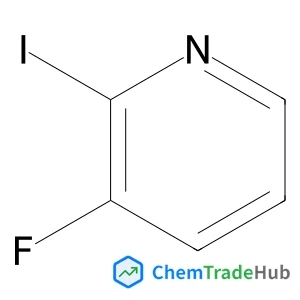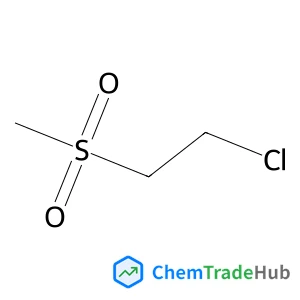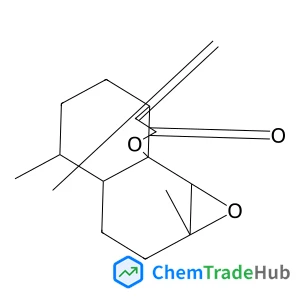Cu2ZnSnS4 nanocrystals for microwave thermal and microwave dynamic combination tumor therapy
文献情報
Taya Tang, Xiaomu Xu, Zhiwen Wang, Jijing Tian, Yue Yang, Caizhang Ou, Huihui Bao, Tianlong Liu
Cu2ZnSnS4 nanocrystals (CZTS NCs) have been demonstrated to be effective in tumor therapy as a novel susceptible agent for microwave thermal and microwave dynamic therapy. CZTS NCs intensify the heating effect of microwaves with a significant temperature increase of about 15 °C compared to the control group and showed remarkable anti-tumor performance after 5 min of microwave irradiation. For the first time, we report the microwave absorption performance and singlet oxygen production of CZTS NCs used in microwave therapy, which reveals new opportunities for novel combined mechanisms of microwave thermal and microwave dynamic tumor therapies.
関連文献
IF 6.367
Enhanced power performance of an in situ sediment microbial fuel cell with steel-slag as the redox catalyst: I. electricity generationIF 6.367
Front coverIF 6.222
An improved fluorescent protein-based expression reporter system that utilizes bioluminescence resonance energy transfer and peptide-assisted complementationIF 6.222
Inside back coverIF 6.222
Life cycle assessment of plasma-assisted ethylene production from rich-in-methane gas streamsIF 6.367
Boronic acid liposomes for cellular delivery and content release driven by carbohydrate binding‡IF 6.222
The dilemma between acid and base catalysis in the synthesis of benzimidazole from o-phenylenediamine and carbon dioxide‡IF 6.222
Life cycle assessment of power-to-gas with biogas as the carbon sourceIF 6.367
Co-production of pure hydrogen, carbon dioxide and nitrogen in a 10 kW fixed-bed chemical looping systemIF 6.367
掲載誌
Chemical Communications
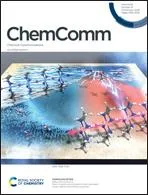
ChemComm publishes urgent research which is of outstanding significance and interest to experts in the field, while also appealing to the journal’s broad chemistry readership. Our communication format is ideally suited to short, urgent studies that are of such importance that they require accelerated publication. Our scope covers all topics in chemistry, and research at the interface of chemistry and other disciplines (such as materials science, nanoscience, physics, engineering and biology) where there is a significant novelty in the chemistry aspects. Major topic areas covered include: Analytical Chemistry Catalysis Chemical Biology and medicinal chemistry Computational Chemistry and Machine Learning Energy and sustainable chemistry Environmental Chemistry Green Chemistry Inorganic Chemistry Materials Chemistry Nanoscience Organic Chemistry Physical Chemistry Polymer Chemistry Supramolecular Chemistry
おすすめサプライヤー
 リンケミカル
リンケミカル シанシー・𝕏앳・Türkiye 自動化機器有限公司
シанシー・𝕏앳・Türkiye 自動化機器有限公司 AstroNova GmbH
AstroNova GmbH Qu Emica Vita、米国de C.V.社。
Qu Emica Vita、米国de C.V.社。 Apexbioテクノロジー株式会社
Apexbioテクノロジー株式会社 武汉荣申化工有限公司
武汉荣申化工有限公司 国際ビジネスシステムズ GmbH
国際ビジネスシステムズ GmbH 湖南省岳阳市云溪区道仁矶溶剂化
湖南省岳阳市云溪区道仁矶溶剂化 ナノロップ
ナノロップ M—Tech Fr ö schl 、 Maschinen—und Anlagenbau GmbH
M—Tech Fr ö schl 、 Maschinen—und Anlagenbau GmbH










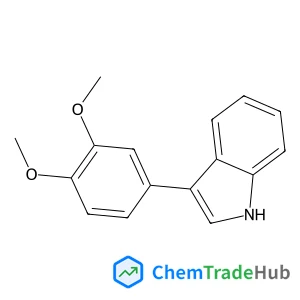
![59156-70-6 - 1,1'-[(1,6-Dioxo-1,6-hexanediyl)bis(oxy)]di(2,5-pyrrolidinedione) 59156-70-6 - 1,1'-[(1,6-Dioxo-1,6-hexanediyl)bis(oxy)]di(2,5-pyrrolidinedione)](/structs/591/59156-70-6-0f4b.webp)
